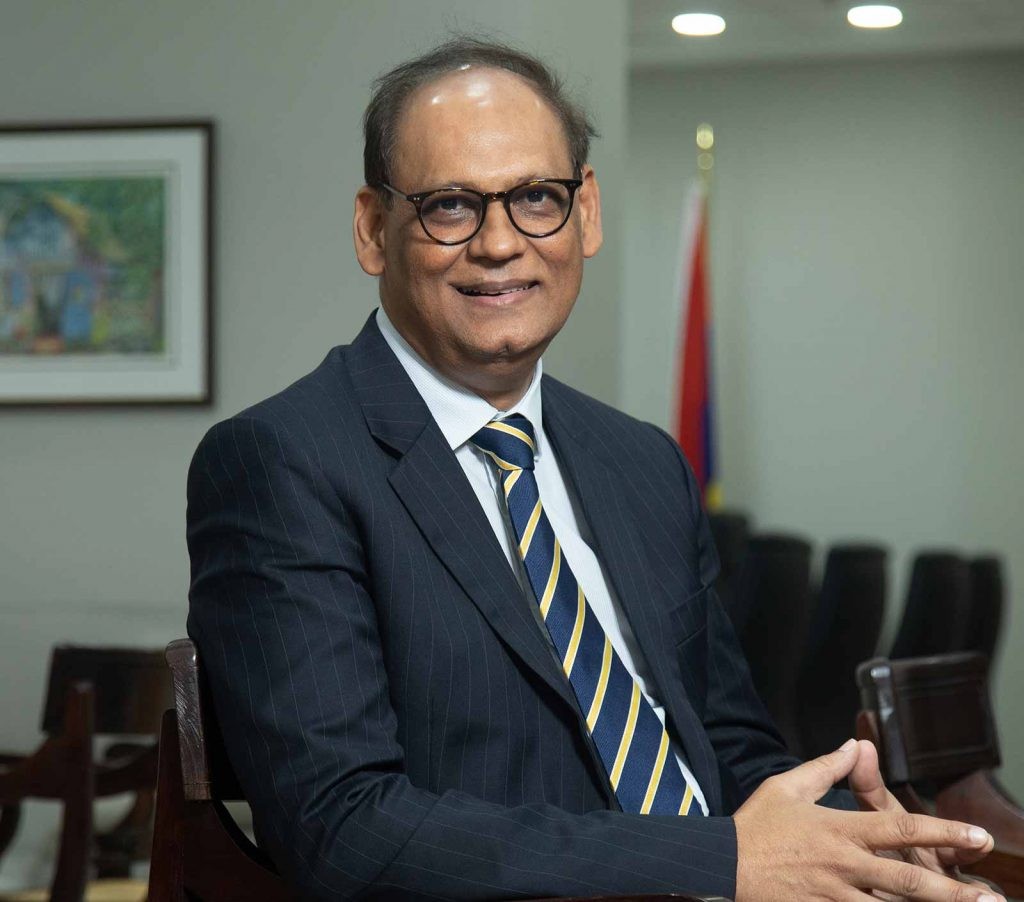
Accounting firms have been nimble in adapting to workplace changes during the pandemic. But two years on, employees’ expectations have shifted.
In a discussion entitled ‘Shaping the workplace of the future for finance teams’, panellists at the 2022 ACCA virtual conference covered diverse topics including how organisations should pivot to cater to evolving employees’ mindset; sustainability; demand for new competencies in the war for talent; and strategising to better manage firms of the future.
Hybrid wins
Post-pandemic, employees are mostly keen to work hybrid, according to a flash poll conducted at the event. Renaka Ramachandran FCCA, CFO at Sime Darby Plantation, shared that previously, she had not thought working from home was possible. However, the pandemic had changed her mind.
‘We don’t watch the clock now, so it doesn’t matter whether you start work at 6am or 10am,’ she said. ‘We’re very focused on deliverables. We’re outcome driven and that allows a lot of flexibility for teams and individuals on how they want to manage their time within the parameters of deliverables.’
The organisation had also leveraged technology, such as automating mundane tasks to increase productivity of employees, as well as partnering with a mental wellness platform.
‘We’re outcome driven and that allows a lot of flexibility for teams and individuals’
Motivate employees
Timothy Ho, executive director and finance transformation lead at Deloitte, steered the conversation towards motivating younger employees to reshape the future of finance roles. At Singapore-based startup Climate Impact X, a global marketplace and exchange for high-quality carbon credits, staff are encouraged to remind themselves of their own impact on mitigating climate change, said CEO Mikkel Larsen. ‘Keeping alive the feeling of working for higher permanence is absolutely crucial,’ he added.
Mark Li, head of client solutions at Randstad Singapore, pointed out that keeping younger employees engaged and loyal involves understanding their motivations. For them, having a purpose at work is key.
Most are also big on an organisation’s work in corporate social responsibility as well as environmental, social and governance, so it makes sense for companies to communicate this as part of their engagement strategy.
New competencies
With technology evolving at breakneck speed, the accounting industry must be nimble, including ensuring that employees are equipped with the necessary competencies. At National Gallery Singapore, the finance team has had to learn about reporting revenue for the sale of non-fungible tokens, besides getting up to speed with sustainable reporting, said director of finance, Elvin Wong ACCA.
‘We don’t watch the clock now, so it doesn’t matter whether you start work at 6am or 10am’
Increasingly, employers are looking for finance professionals who are skilled in US GAAP and US Securities and Exchange Commission reporting, sustainability reporting and soft skills like managing remote or hybrid teams, said Li.
On sustainability reporting, Larsen noted that while it is still a recent development, it is essential for accountants to ‘create trust around the data’ to continuously drive change in the way organisations do business.
Take the leap
A separate panel discussion touched on the transformation of accounting firms as they digitalise, leveraging technology to grow while doing business sustainably.
In a flash poll, 65% of participants said their priority was to adopt emerging technologies to drive productivity. Tan Lye Heng Paul, co-founder at Kreston ACA PAC and moderator, said that often the benefits outweigh its cost, and he urged organisations to take the leap to digitalise.
At National Gallery Singapore, the finance team has had to learn about reporting revenue for non-fungible tokens
The pandemic ‘has really forced some businesses to digitalise and modernise out of necessity,’ said Sarah Foo, Xero’s territory sales manager for the emerging markets – Asia.
‘There’s a lot of time to be spent to learn and unlearn some of the processes, so it really takes effort,’ said Magdalene Ang FCCA, director at R Chan and Associates. ‘The next question to ask ourselves is whether we see a benefit in the long run. If yes, then we have to act on it now, rather than later.’
Yet concerns about cybersecurity remain front of mind. Panellists agreed that employees must be educated on fundamentals such as identifying phishing emails and user access controls.
In addition, firms should regularly train and share best practices on privacy compliance such as Singapore’s Personal Data Protection Act. For those doing business in Europe, employees should, for example, be aware of the General Data Protection Regulation, said Lai Keng Wei FCCA, partner and head of valuations at Mazars.
Sustainable practices
Moving on, the panel discussed how their organisations practise sustainability. Foo shared that Xero works with suppliers that are eco-conscious, to be aligned with the organisation’s vision.
Older workers have ‘a deep knowledge of the world and experience’ that can create social bonds
Lai said that, at Mazars, environmentally conscious practices are encouraged firm-wide. For example, management provides reusable lunch boxes and cutlery, and has opted for digital business cards.
Tan steered the conversation towards sustainable talent management, including gender and diversity. Yuan pointed out that older workers have ‘a deep knowledge of the world and experience’ that can create social bonds.
As accounting firms transform and continue to fight for talent, it is important to keep the focus on key areas such as equal pay for equal work, helping employees cope with work-life balance and building a resilient culture where people can thrive.
More information
Read our article on the recent ACCA Singapore annual virtual conference 2022, The future of work.

